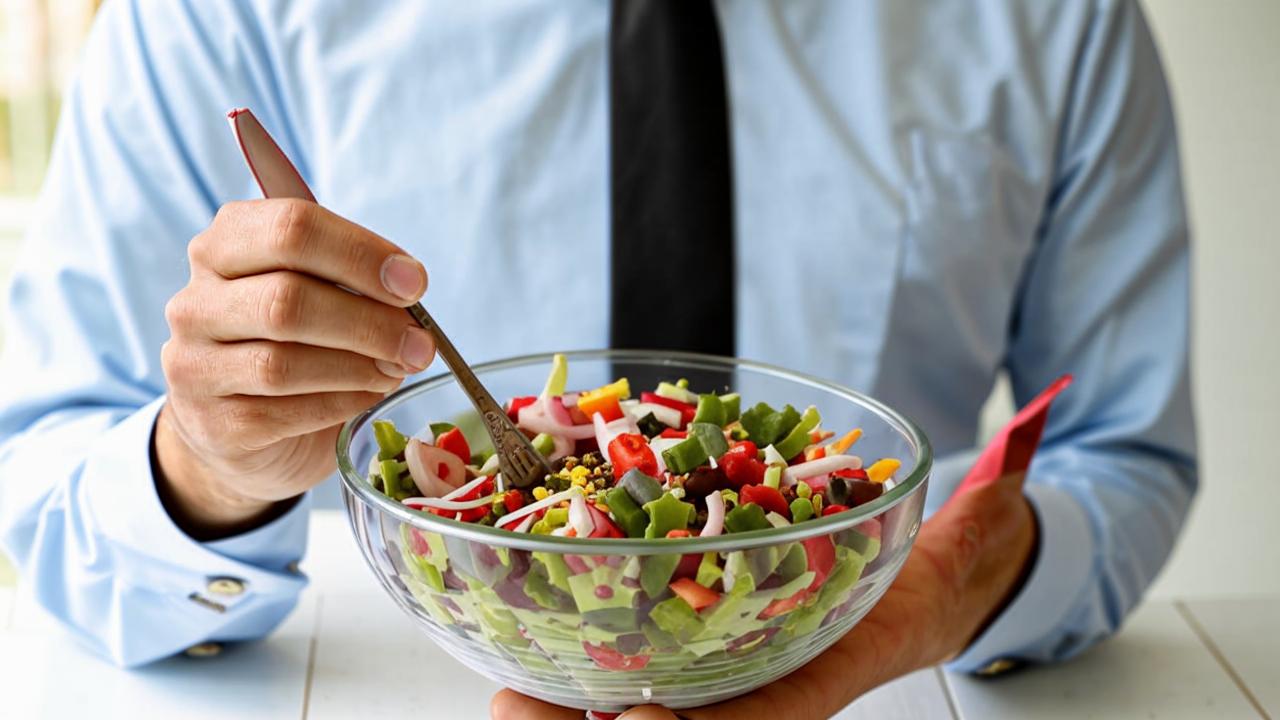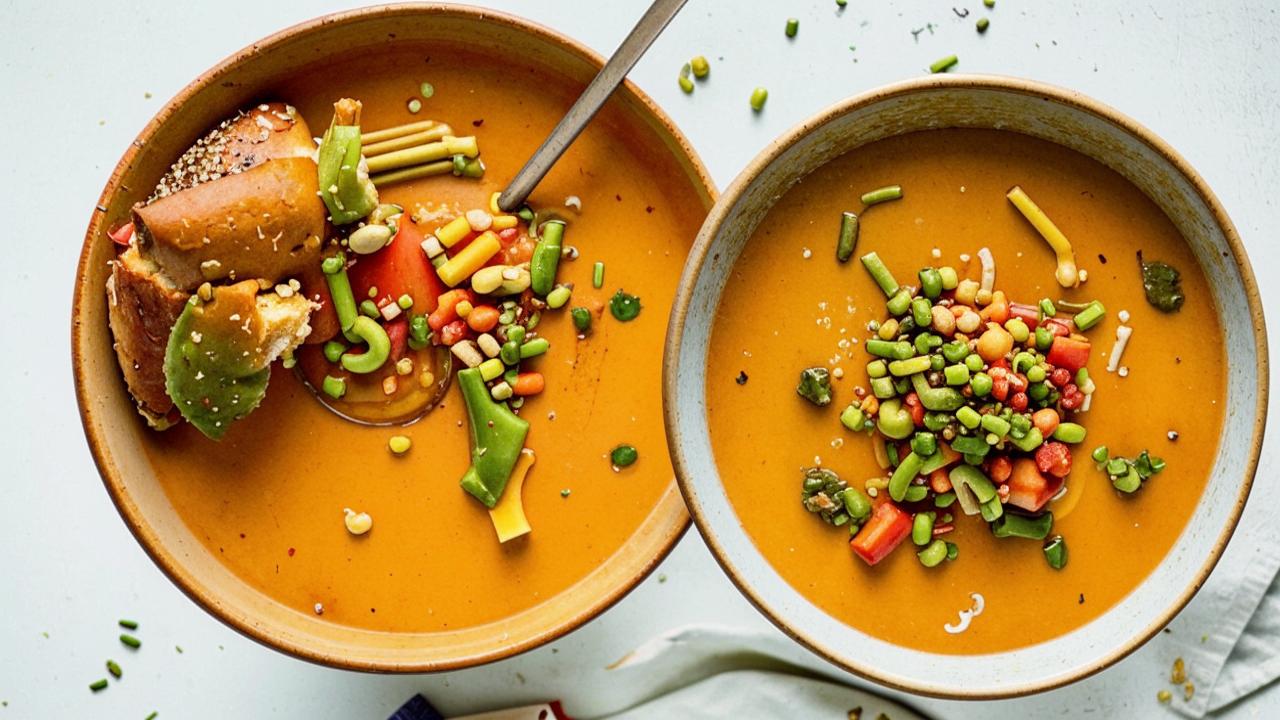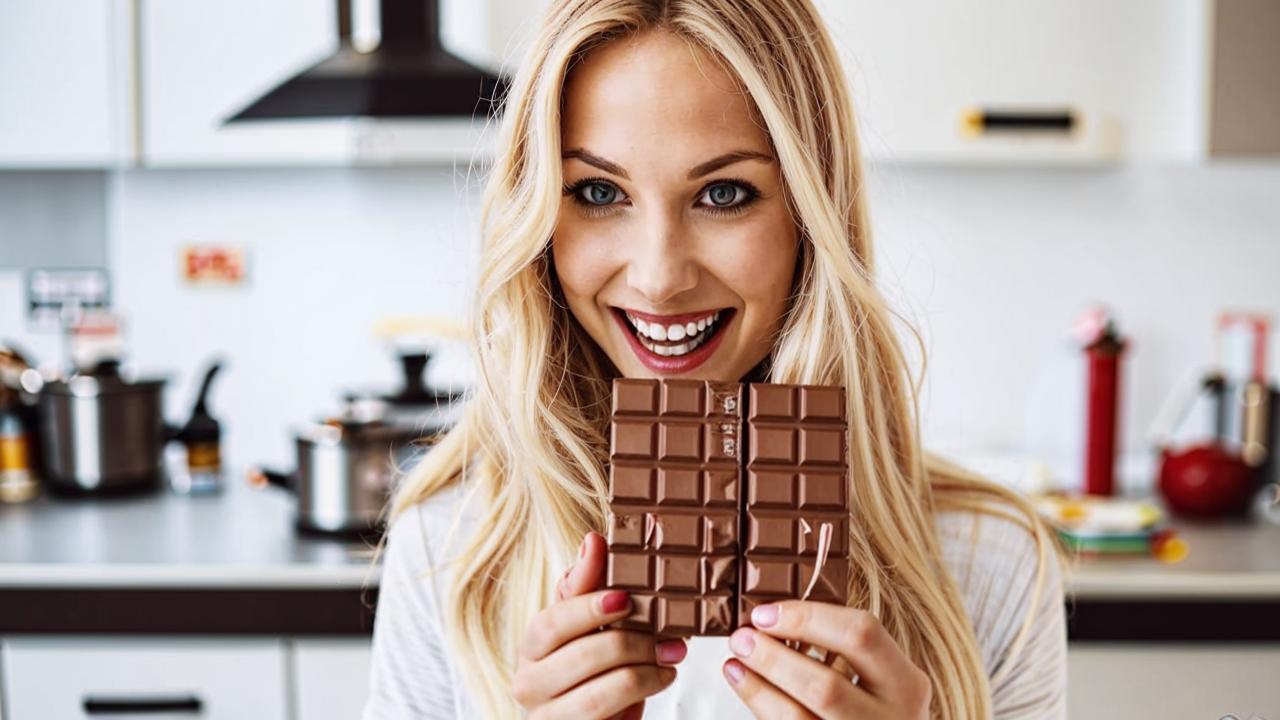Food is of great importance not only for physical health, but also for psychological well-being. The right diet has an impact on our emotions.
Let’s talk about
How does food affect self-esteem?

MD, professor, integratiivse ja vananemisvastase meditsiini spetsialist
“Researchers have found an interesting connection between what we eat and mental health. Eating a diet rich in vitamins, minerals and the right fats can help manage stress, improve mood and boost confidence.”
Certain foods are known for their ability to boost mood. These include:
Slow carbohydrates. They break down to glucose, which is essential for supplying energy to the brain and muscles. Eating too few and irregular carbohydrate foods can make you feel tired and lose concentration;
Meanwhile, foods such as whole grains, vegetables and fruits, for example, help maintain energy levels. They also help your brain produce more serotonin, the happy hormone;

Proteins. Serotonin is made using tryptophan found in protein. Therefore, it is important to consume a variety of sources of this substance – turkey, chicken, fish, eggs, low-fat cheeses and legumes – which also contain other essential nutrients for the body;
foods rich in omega-3 fatty acids. They help improve mood because they affect the pathways of neurotransmitters in the brain – these are chemical messengers that transmit messages between neurons;
foods rich in vitamin D. This vitamin increases serotonin levels in the brain;
foods rich in vitamin B. Another key nutrient for energy production. Low levels of vitamin B are seen in people suffering from depression;

foods rich in selenium. Studies have shown a link between low levels of this micronutrient and bad moods.
What foods help boost self-confidence?
Low self-esteem can lead to depression. How can this be avoided? In addition to working with a psychologist or psychotherapist, some foods will have a positive impact. Not without reason there is an expression “we are what we eat”, which belongs to the great physician Hippocrates.
1. Green leafy vegetables
They contain a large amount of minerals necessary for good health. For example, a product like spinach contains serotonin, which has a positive effect on mood.
According to research, this hormone plays a role in neural transmission and can affect mood, food cravings, energy levels and sleep. It is also used to treat several conditions, including depression.
No wonder it is often referred to as the confidence hormone.

In addition, green vegetables contain iron, an important element for proper brain function, which also affects emotional well-being.
2. Seeds and nuts
These foods contain essential minerals and oils that improve mental health, help you relax and give you more confidence by stimulating serotonin production.
Common nuts and seeds that can help boost self-esteem include:
- pumpkin seeds;
- maapähklid;
- cashews;
- almonds;
- flaxseed;
- walnuts.
3. Cereals and legumes
Foods containing slow carbohydrates provide a sense of satiety and emotional stability.

4. Fish and other seafood
Fish is high in omega-3 fatty acids, which improve mental well-being. They play an important role in the formation of neurotransmitters that transmit information between the brain and the body. This helps in improving mood and memory and enhances satisfaction.
5. Fasting meat
Protein foods provide the body with energy for a long period of time. Choose lean meats such as turkey, chicken, veal or beef tenderloin.
6. Dark chocolate
Studies have shown that the high cocoa content in dark chocolate helps improve mood by stimulating the release of endorphins, the joy hormones. Cocoa also increases serotonin levels, which promotes self-confidence.

7. Bananas
The ripe fruit increases the level of dopamine and serotonin in the brain thanks to the amino acid tryptophan. All these substances have a positive effect on mood and self-esteem.
Foods that should be limited
There are foods that affect the human condition in a negative way. It is better to limit their consumption, because they cause a sharp jump in blood sugar levels, which gives a burst of energy, which then sharply decreases.
Such foods include:
- sugar;
- refined carbohydrates;
- caffeine;
- alkohol;
- ultra-processed foods;
- foods high in sodium.





